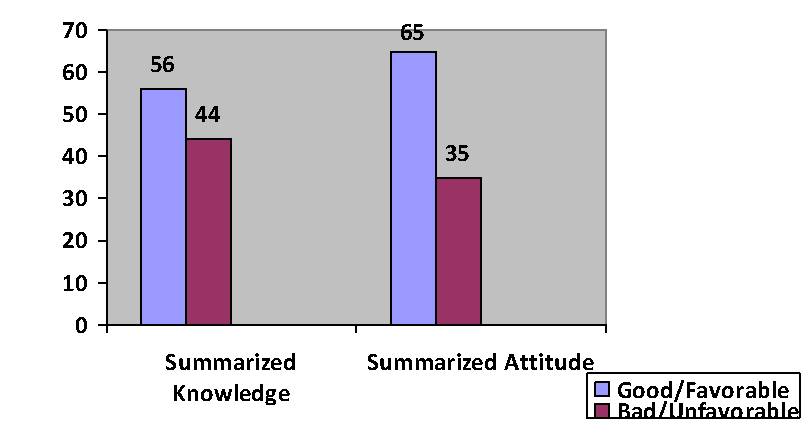Assessment of knowledge, attitude and patronage of traditional bone setting among residents of Ogbomosho, South Western Nigeria
ORIGINAL ARTICLE
Keywords:
Attitude, Knowledge, Patronage, Residents, Traditional bone settingAbstract
Introduction
The aim of this study was to determine the utilization of traditional bone setters among residents of Ogbomosho, South Western Nigeria.
Methods
It was a cross-sectional study where 350 respondents were selected using multistage sampling technique. Data were collected using pre-tested self-administered semi-structured questionnaire; analyzed using Statistical Package for Social Sciences version 23 and presented using appropriate tables and charts. Level of significance was set at 0.05.
Results
The mean age of the respondents was 32.6 +1years with majority being young adults (56.6%), males (51.1%), married (56.6%), those with primary education (43.7%), residents in urban area (52.9%) and self-employed (48.3%). In terms of knowledge, awareness is high but the comprehensive knowledge of the inherent dangers of using such settings such as having tetanus infection and mismanagement is low. Overall, more than half of the respondents (56%) had poor knowledge of the dangers of patronizing traditional bone setters. However, regarding attitude, more than half (65%) had unfavorable attitude using the mean score. In terms of practices, less than one quarter of respondents (23.7%) had patronized traditional bone setters in the past due to reasons such as cost of hospital treatment, bone infection, attitude of health care staff, fear of operation, and delay in hospital treatment among others.
Conclusion
There is low comprehensive knowledge to inherent dangers, coupled with high patronage of traditional bone setters among respondents. Therefore, there should be an aggressive health promotion intervention and integration of such practices into modern settings.



